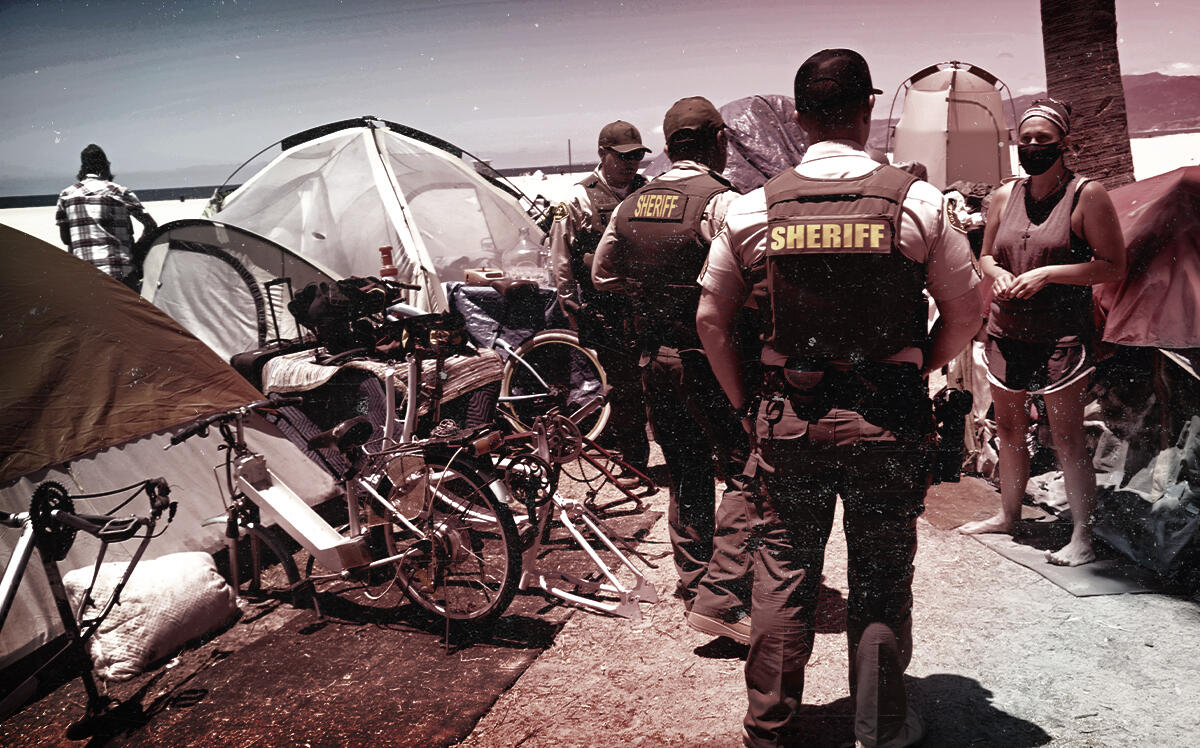Trending
LA Council seeks to bar homeless from clustering near “sensitive” areas
Measure comes despite city’s dearth of affordable housing

Los Angeles has struggled mightily to house its massive homeless population, despite a $1.2 billion bond measure that was created to build more affordable units.
Now, the L.A. City Council is moving fast to bar homeless people from camping near schools, parks, libraries, and other “sensitive” areas, according to the Los Angeles Times. Those areas also include homeless shelters.
The Council voted 12-3 to instruct lawyers to draw up an ordinance, which could be voted on Thursday, according to the report. It would come one day before the Council’s one-month summer break starts.
The measure would prohibit sleeping, lying and storing possessions near those facilities as well as placing tents that block wheelchair access to sidewalks.
The proposal, which was brought Tuesday, was not included on the agenda. It was proposed amid some political maneuvering by Council members.
One of them is Joe Busciano, who is running for mayor. He wanted the Council to vote on a measure he drew up last year that some colleagues saw as too broad and harsh, the report noted.
That measure would have allowed police to clear encampments if their initial requests to shelter those people — a condition required by a 2018 federal court ruling — were rejected.
Councilmember Mark Ridley-Thomas countered with the “sensitive” areas ordinance considered Tuesday If passed, Ridley-Thomas’ ordinance would require 14-day notice that camping is barred in a particular area. The move aims to limit the involvement of law enforcement.
In a tally taken before the pandemic, around more than 41,000 people lived without shelter within L.A. city limits. Eviction moratoriums have helped keep people in their homes throughout the pandemic — L.A. County and the state recently issued extensions — but it’s likely that more people became homeless since Covid. Experts say even more people could lose their homes when moratoriums are lifted.
[LAT] — Dennis Lynch




